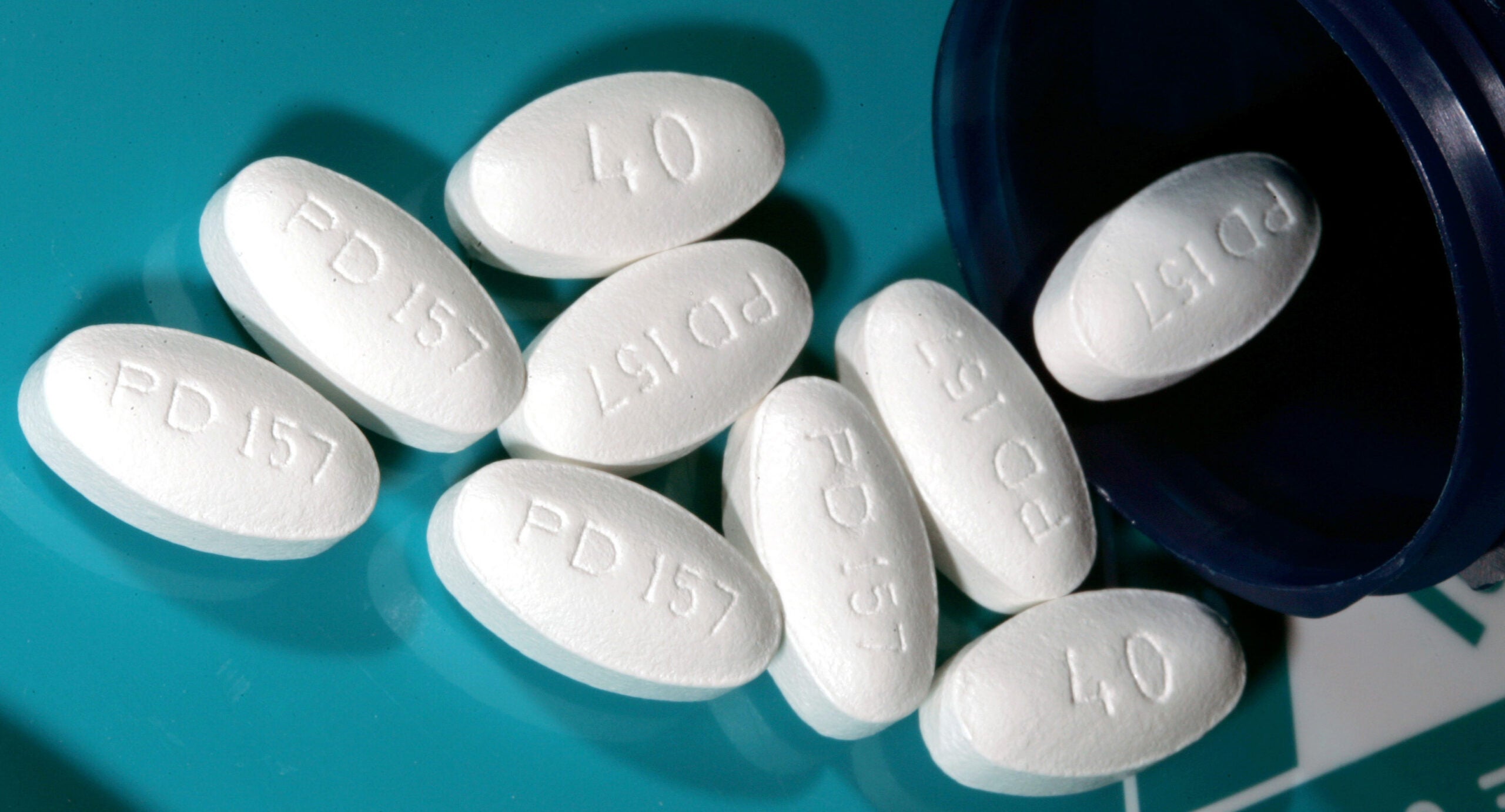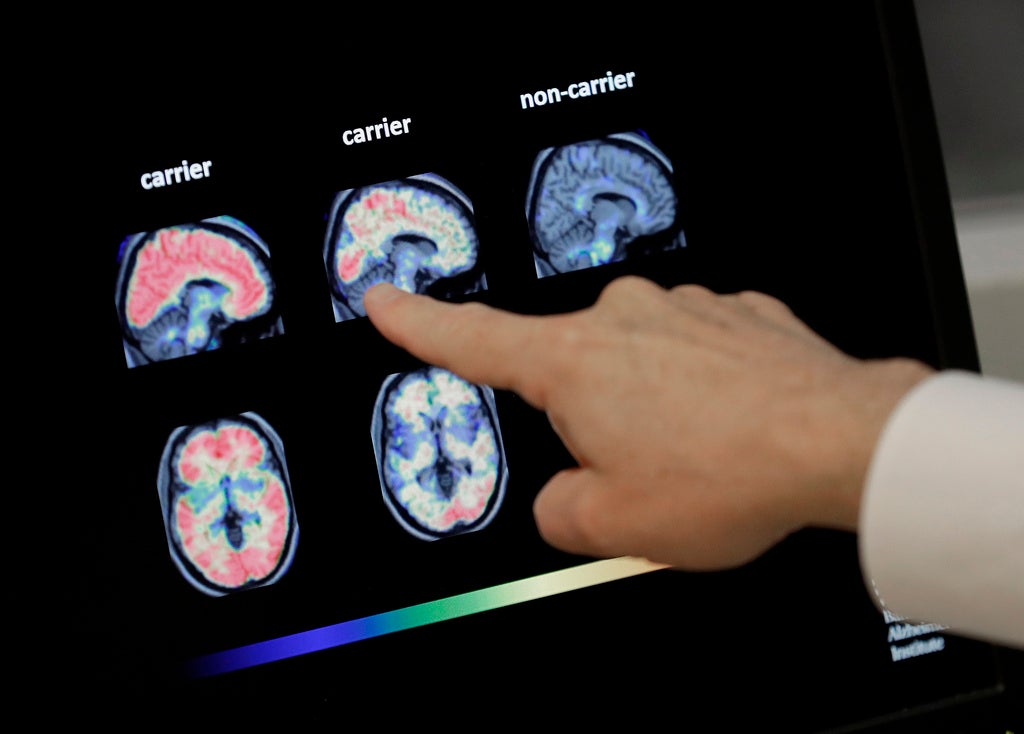Dementia. Not a word anyone likes. It has so many implications, I don’t even know where to start.
My mom died from Alzheimer’s disease — but since that was in 1981 and she smoked a pack a day, I’m not really sure what she died from.
Frankly, anyone who’s known anyone who supposedly died from Alzheimer’s disease should question the diagnosis. There is no blood test to check for it. You can’t tell if someone has it from an MRI or CT scan. A doctor can only make the diagnosis from clinical cues.
News with a little more humanity
WPR’s “Wisconsin Today” newsletter keeps you connected to the state you love without feeling overwhelmed. No paywall. No agenda. No corporate filter.
Dementia generally falls into one of three categories:
- The plaques and tangles of Alzheimer’s disease caused by abnormal proteins, or amyloid.
- The brain damage caused by strokes — one blood vessel at a time can do it.
- The neurological change caused by Lewy bodies, which tend to be associated with Parkinsonism.
Now, there are other forms of dementia too numerous to discuss here, with alcoholic dementia and syphilitic dementia being just two of them.
How can we protect our brain from dementia? Important new research published in the British Medical Journal shows that what we do to protect our heart from heart attacks and our brain from strokes also protects us from dementia.
People with a low level of LDL, the bad cholesterol, have a lower risk of dementia — both stroke dementia and Alzheimer’s dementia. Getting your LDL cholesterol down to 70 reduces your risk of all-cause dementia by a whopping 26 to 28 percent compared to folks who walk around with an LDL cholesterol over 130.
Some people — I call them genetic celebrities — walk around with a super-low LDL just because that’s how they roll. They were born that way.
When I hear about old Grandpa Joe who lived to be 100, smoked, drank, ate bacon every day and was sharp as a tack when he died, I think that guy is one of those celebrities. They always seem to bring him up whenever people ask, why should I change?
But most of us don’t have that luxury. We have to work at it or take a medication that works for us to keep our LDL cholesterol in line.
So how do you apply this to your life?
First off, try diet and exercise. Eat a Mediterranean diet, be perfect at it for three months, and get your cholesterol checked. If the LDL comes in super low, you’re at goal.
For some, this will work. But others have bad genes and no matter what they do, they won’t lower their bad cholesterol. They’re the opposite of the celebrities. For them, I suggest a statin.
This study showed that statins in and of themselves work. Statins have anti-inflammatory properties that probably are partially responsible for doing the job here to protect you from dementia.

Now, onto fake news. There is a lot of stuff on the web about how statins are bad for you. Well, as with any medication, there are risks to consider.
For some, it’s muscle pain. This is the most common side effect I ever see. But be careful here, because if you think your muscles ache if you take a statin, they might feel like they do because you’re thinking of it. It’s called the nocebo effect.
If you stop a statin and start it, and do this three times — two weeks on and two weeks off, times three — you can tease this out. The “I think it’s harming me” effect tends to disappear.
Then there are the upticks in liver enzyme. Usually, the increase is mild and then disappears, and if one statin causes it, another one may not. So switching can help.
There also is a possibility — and I mean only a possibility — that taking a statin might elevate blood sugar. That’s easy to test. If your glucose level goes up when you take it, then stop and see if your glucose goes down.
My spin: If you’re worried about dementia and memory loss, look at controlling your LDL cholesterol. It might do the trick. Stay well.
More from Zorba
This column is the opinion of the author, © Copyright 2026. Dr. Zorba Paster is a family medicine physician practicing in southern Wisconsin. Consult a health care provider for personal health information. The opinions expressed aren’t meant to reflect the views of Wisconsin Public Radio, its employees, the University of Wisconsin-Madison or the Wisconsin Educational Communications Board.
Zorba Paster On Your Health airs on WPR News Saturdays at 1 p.m. and Sundays at 6 p.m.






